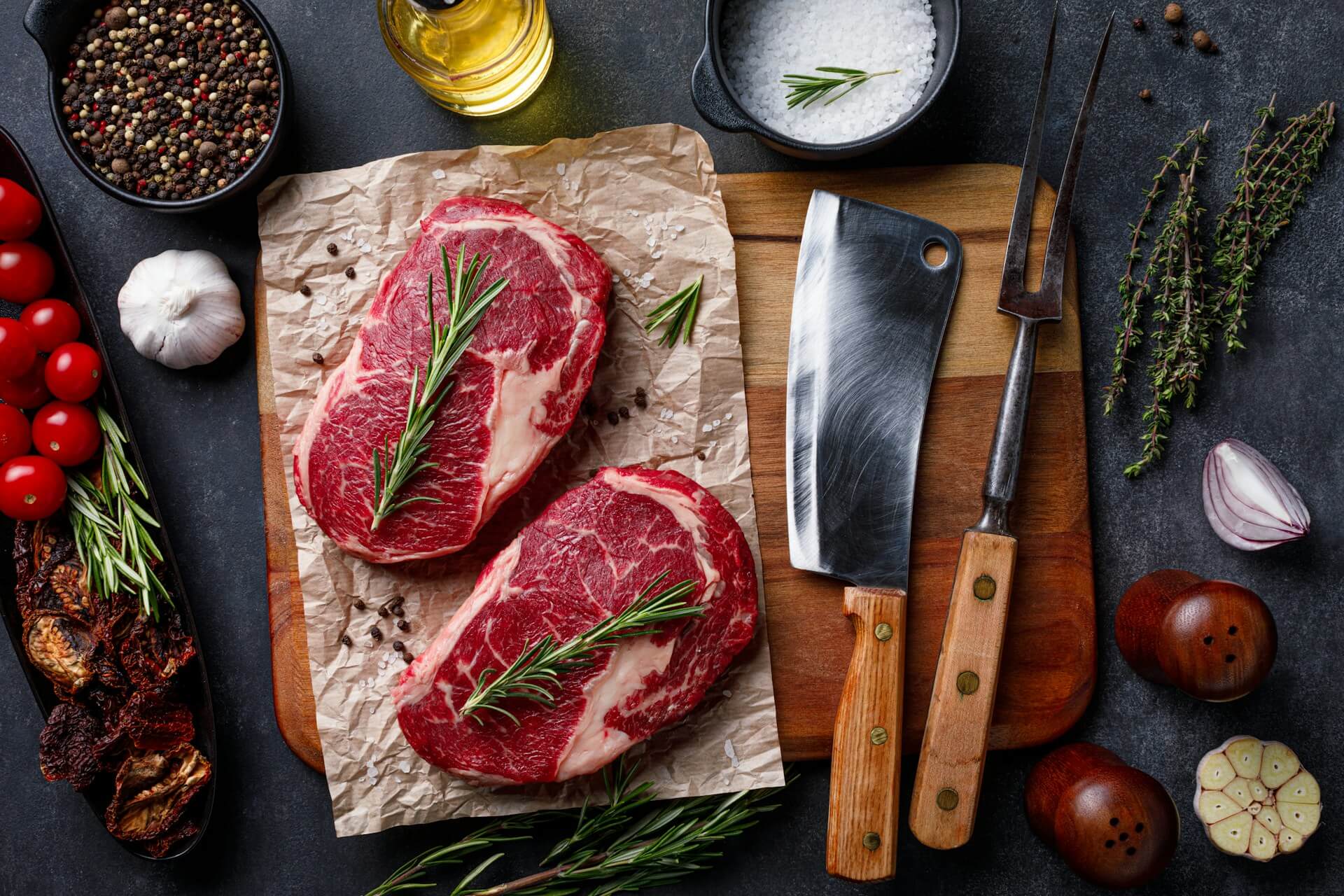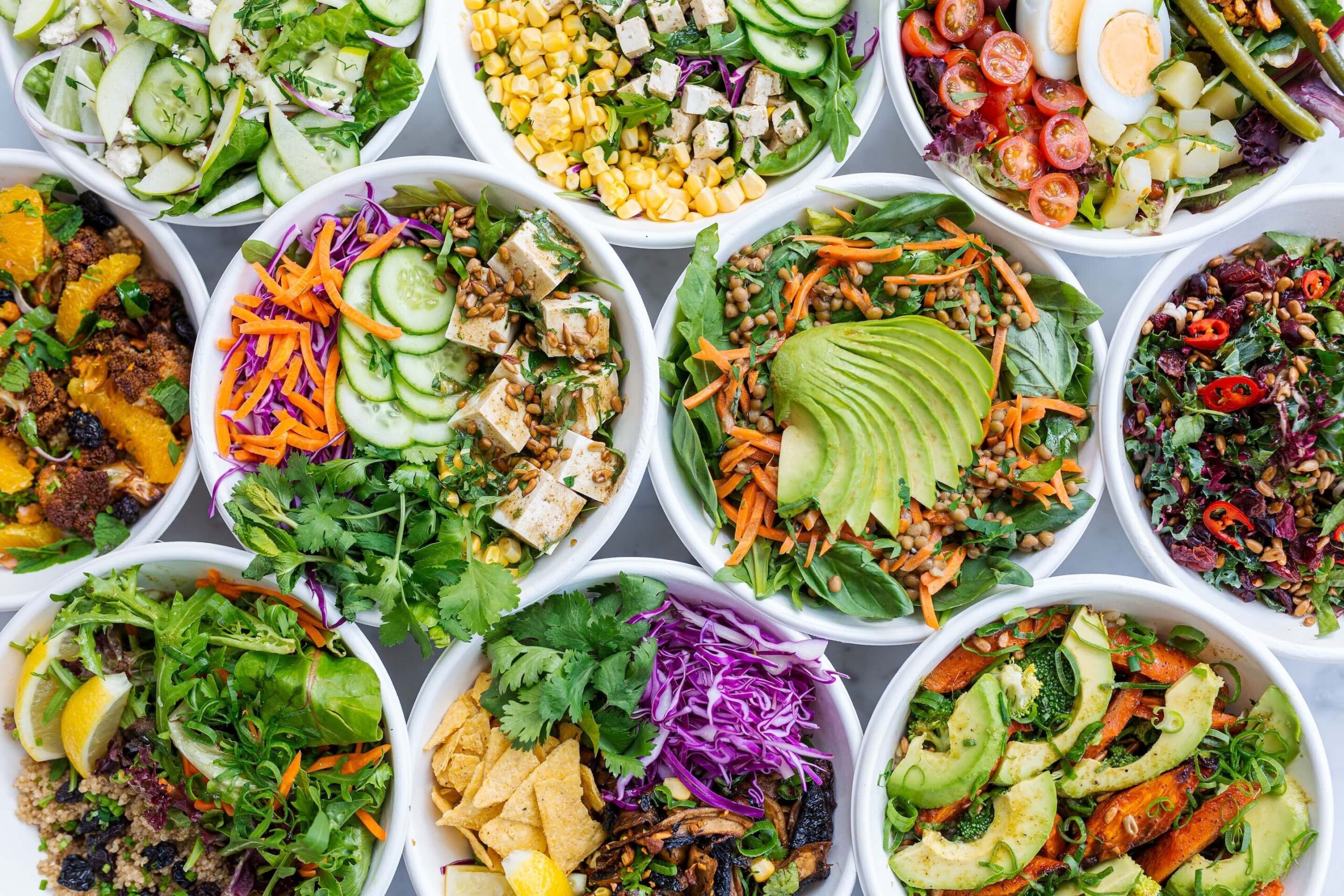When it comes to cancer prevention and survivorship, one of the most common nutrition questions I get is around processed meats: “Can I still eat bacon or deli meat?” Although you can certainly have it occaisionally—there are some important facts you should know.
What Are Processed Meats?
Processed meats include meats that have been preserved by smoking, curing, salting, or adding chemical preservatives. This includes:
- Bacon
- Hot dogs
- Sausages
- Ham
- Deli meats (like turkey, roast beef, salami)
- Corned beef
These foods are convenient and tasty, but they come with health risks.
What Does the Research Say?
In 2015, the World Health Organization (WHO) classified processed meats as Group 1 carcinogens, meaning there is strong evidence they cause cancer—particularly colorectal cancer. In other words, this classification puts them in the same category as tobacco and asbestos in terms of cancer risk (though not the same level of risk).
Here’s what the science shows:
- Eating just 50 grams of processed meat a day (about 2 slices of bacon or 1 hot dog) increases the risk of colorectal cancer by 18%.
- Processed meats may also contribute to stomach and pancreatic cancers, though the evidence is less conclusive.
What Makes Processed Meats Harmful?
It’s not yet clear exactly why processed meats increase risk for colorectal cancer. Researchers are currently exploring a few possible mechanisms, including:
- Nitrates/Nitrites: These are added to processed meats to preserve color and prevent spoilage. In lab studies, these compounds also form cancer-causing compounds, carcinogens.
- Smoking: Smoked meats contain PAHs (Polycyclic Aromatic Hydrocarbons), which are substances that are formed at high-heat and considered carcinogenic.
- Cooking at high temperatures: Meats cooked at high temperatures can also contain PAHs and heterocyclic amines (HCAs), which can damage DNA.
- Heme iron: The heme iron found in red meat may damage the lining of the colon.
What Should You Do About Processed Meats?
As a cancer dietitian, my recommendation is not necessarily to never eat processed meat again—but to minimize it as much as possible. Here’s how:
Limit intake:
- Aim to keep processed meats as an occasionally enjoyed treat, not a daily habit.
Swap smartly:
- Choose lean poultry, beans, tofu, or fish for your protein needs.
- Use leftover cooked chicken or turkey for sandwiches instead of deli meat.
Focus on whole foods:
- A diet rich in vegetables, fruits, whole grains, and legumes is significantly protective against many types of cancer.
In Closing . . .
Remember, cancer is complex. Diet and lifestyle are the modifiable risk factors that you do have control over. Although you don’t have to eat “perfectly”, an overall balanced diet reduces your cancer risk and improves your quality of life.
References
- IARC Monographs on the Evaluation of Carcinogenic Risks to Humans, Volume 114: Red Meat and Processed Meat (2015). International Agency for Research on Cancer. Available at: https://publications.iarc.fr/Book-And-Report-Series/Iarc-Monographs-On-The-Identification-Of-Carcinogenic-Hazards-To-Humans/Red-Meat-And-Processed-Meat-2015
- World Cancer Research Fund/American Institute for Cancer Research. Continuous Update Project Expert Report 2018. Diet, nutrition, physical activity and colorectal cancer. Available at: https://www.wcrf.org/dietandcancer/colorectal-cancer/
- American Institute for Cancer Research (AICR). Foods that Fight Cancer: Grilling Meat and Cancer Risk. Available at: https://www.aicr.org/resources/blog/grilling-meat-and-cancer-risk/
This blog is not intended as medical nutrition therapy, medical advice, or diagnosis and should in no way replace consultation or recommendation from your medical professional.





